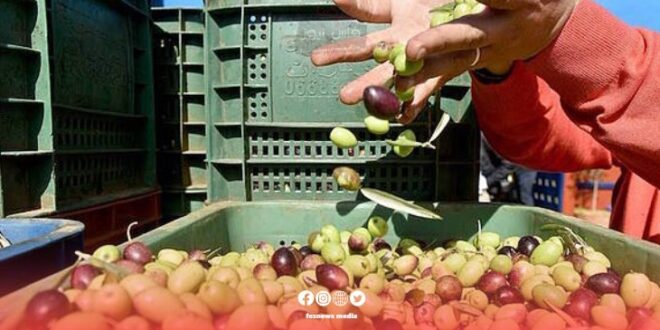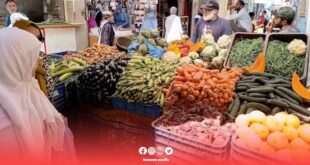Mustapha Baitas, the official spokesperson for the Moroccan government, announced during a press conference following the weekly cabinet meeting on Thursday, March 13, 2025, that the government is actively working to support olive oil production and stabilize its availability in the local market despite ongoing climatic challenges affecting the agricultural sector.
Baitas highlighted that Moroccan agriculture has faced difficulties over the past seven years, particularly in the last three years, which saw a significant decline in olive oil production due to climate fluctuations. In response, the government has adopted a dual approach that involves regulating exports and allowing imports to ensure the steady supply of this essential product at reasonable prices.
The Green Morocco Plan has prioritized the olive production sector, allocating substantial resources to expand cultivated areas. These efforts have led to notable growth in recent years. Additionally, farmers and producers have received direct support through national agricultural policies, recognizing olive oil production as a strategic priority, especially in the past three years.
Regarding production, Baitas revealed that the average annual output has remained around 100,000 tons, indicating relative stability despite the challenges. To address the decline, the government has implemented export regulations while permitting imports to maintain market balance and protect consumers’ purchasing power.
On the export front, Baitas stated that olive oil must meet strict quality standards before reaching international markets. He reported that export contracts accounted for approximately 4,600 tons out of the total 100,000 tons produced, with total exports reaching 8,000 tons. These measures are part of a broader strategy to manage the flow of this vital commodity between local and international markets.
The minister further explained that this approach extends beyond olive oil to other essential goods that have experienced production declines, with the government embracing imports to secure national supply.
Baitas concluded by reaffirming the government’s commitment to stabilizing essential product prices while continuing to support farmers and producers, ensuring agricultural sustainability and national food security.
source : fesnews media
 فاس نيوز ميديا جريدة الكترونية جهوية تعنى بشؤون و أخبار جهة فاس مكناس – متجددة على مدار الساعة
فاس نيوز ميديا جريدة الكترونية جهوية تعنى بشؤون و أخبار جهة فاس مكناس – متجددة على مدار الساعة













